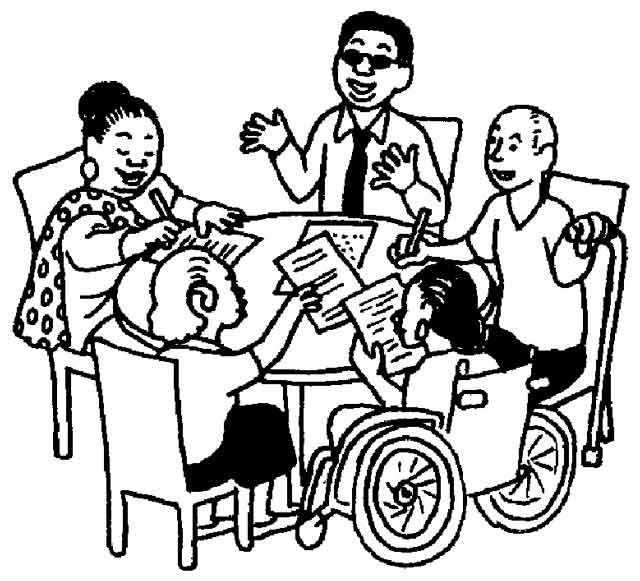Your progress
0%
The activities below represent some strategies your organization can use to support the ability of people with disabilities to have relationships, marry and have children.
Use your mouse or keyboard to expand each of the activity headings below. To add an activity to your action plan, select the Add button beside it.

People with disabilities often face negative attitudes, perceptions and practices against them in their communities. CBR can help to change this by ways:

In order to make good parenting decisions, parents need to have access to information and support. CBR should consider both parents with disabilities and parents of people with disabilities. They can provide support by:

Sometimes families overprotect their members with disabilities by sheltering them in the home and preventing them from socializing in the community, thus limiting their opportunities to develop relationships with others or to develop various skills and abilities. CBR can work with families to:
Some people with disabilities may not have families, or their families may not be able to provide them with the support and assistance they need. Because of this they may live in residential institutions, hostels, religious communities or sheltered housing, or they may be homeless. CBR can do several things to help in these situations:

CBR works across different many environments, including in homes, schools, workplaces and communities. Because of its broad reach and connectedness, CBR is in a good position to help ensure that strong social networks and supports are in place to protect people with disabilities from violence. Also see the Justice element in this module. CBR programmes can: